Hybrids Soar Over ICE Vehicles in Reliability, PHEVs and EVs Falter
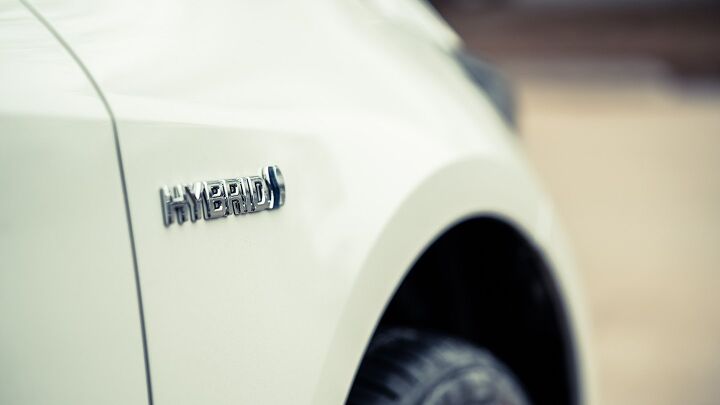
Reliability is a paramount consideration when buying a new car, and staying informed about the most dependable vehicles is crucial. The latest annual auto reliability brand rankings from Consumer Reports (CR) for 2023 have been released, with some surprising findings when it comes to hybrid and electric vehicles (EVs).
Hybrids Lead the Way
One noteworthy finding in this year's reliability rankings is the impressive performance of hybrid vehicles compared to traditional internal combustion engine (ICE) cars. Hybrids, on average, have 26 percent fewer problems than their ICE counterparts. This trend demonstrates that automakers are making significant strides in enhancing the reliability of hybrid powertrains.
Standout hybrid models include the Lexus UX and NX Hybrid, as well as the Toyota Camry Hybrid, Highlander Hybrid, and RAV4 Hybrid. These vehicles have shown exceptional reliability, making them attractive options for environmentally conscious consumers seeking a dependable driving experience.
Plug-in Hybrid Electric Vehicles (PHEVs): A Mixed Bag
While hybrids generally shine in terms of reliability, the same cannot be said for all plug-in hybrid electric vehicles (PHEVs). PHEVs, as a category, have 146 percent more problems than ICE vehicles on average. Some PHEVs even fare worse than their conventional counterparts, such as the Audi Q5 and Chrysler Pacifica, with the latter scoring the lowest in the survey at 14.
However, there are PHEVs that defy this trend, including standouts like the Toyota RAV4 Prime and Kia Sportage, which have reliability scores well above average. The BMW X5, Hyundai Tucson, and Ford Escape PHEVs also earn average reliability scores. It's essential to research individual models when considering a PHEV purchase.
Electric Vehicles (EVs) Face Reliability Challenges
In the realm of electric vehicles (EVs), there are distinct reliability challenges. On average, EVs have reliability scores of 44, with electric SUVs slightly lower at 43. Electric pickup trucks rank the lowest with an average score of 30.
As the EV market grows and automakers produce more models, some EVs have encountered problems with their EV drive system motors, EV charging systems, and EV drive batteries. Owners of models like the Ford F-150 Lightning, Mustang Mach-E, Genesis GV60, Hyundai Ioniq 5, Kia Niro EV and EV6, Subaru Solterra, Toyota bZ4X, and Volkswagen ID.4 have reported various issues.
There are some exceptions though. Tesla stands out with relatively fewer problems reported CR recommends two of Tesla's models, the Model Y and Model 3. While the Model 3 has maintained average reliability over recent years, the Model Y's rating improved to average this year.
Conclusion
When in the market for a new car, reliability remains a crucial factor to consider. Hybrids have emerged as a reliable alternative to traditional ICE vehicles, with significantly fewer problems. PHEVs, on the other hand, present a mixed picture, with some performing well and others struggling in terms of reliability. EVs, while gaining popularity, face their unique set of reliability challenges, which should be carefully considered before making a purchase.
Although it helps to make an informed decision, ultimately, the choice between a hybrid, PHEV, or EV will depend on one's priorities and preferences.
Become an AutoGuide insider. Get the latest from the automotive world first by subscribing to our newsletter here.
This article was co-written using AI and was then heavily edited and optimized by our editorial team.
More by AutoGuide.com Staff
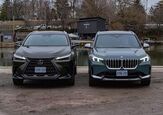
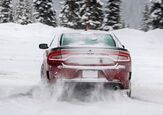
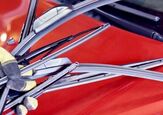




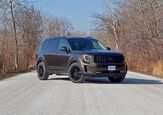




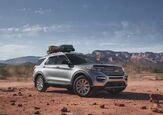
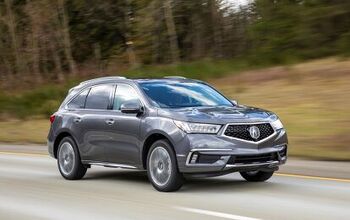
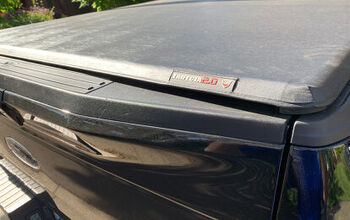


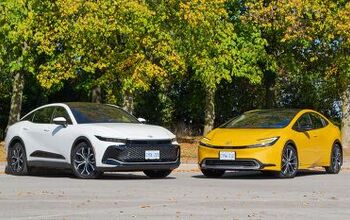

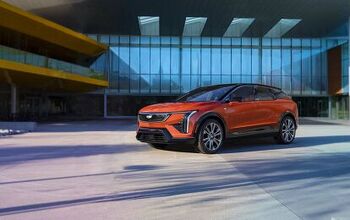
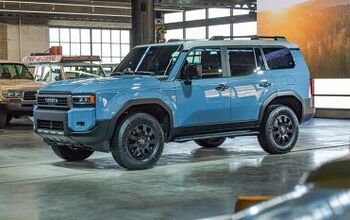
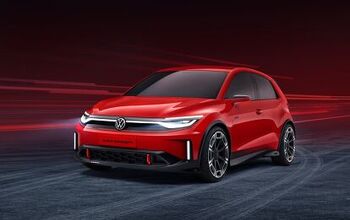



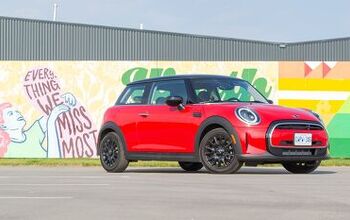
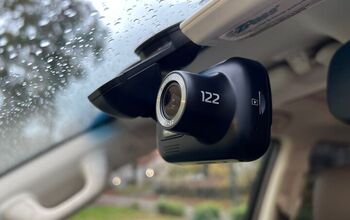
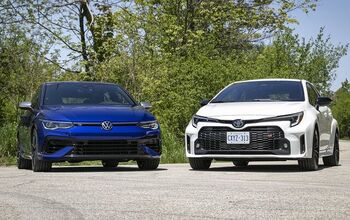
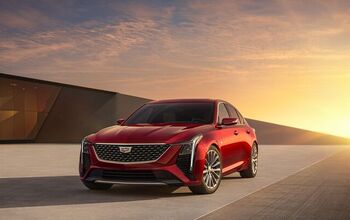

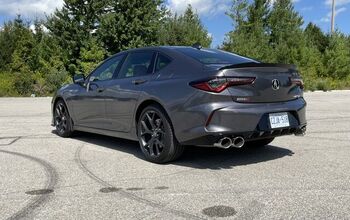
Comments
Join the conversation
"While the Model 3 has maintained average reliability over recent years, the Model Y's rating improved to average this year."
Oh boy...don't tell the Tesla fanboys. There'll be riots! :-)
In the mean time, Toyota/Lexus continue to lead the way. No surprise there.
I really like my 2017 PHEV Chrysler Pacifica. It has 63,000 miles on it with zero issues. It still gets 35 miles all electric driving before it goes hybrid. I even beat a roaring Chrysler 300 off the line at a stop light up until the 35 mph speed limit.